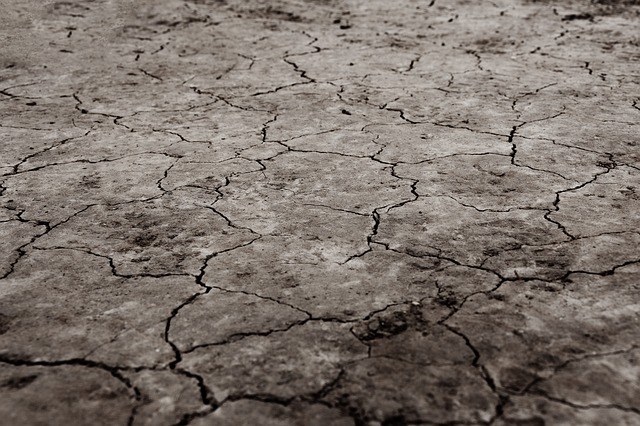Ambitious landscape restoration target may be within reach
In September 2011, at a high-level meeting of world leaders, the Bonn Challenge was launched, with an ambitious goal to restore 150 million hectares of the world’s degraded and deforested land by 2020. This target was recently supplemented by the New York Declaration on Forests, which added an further 200 million hectares to be restored…
New sustainable development goals for 2030
This past weekend world leaders gathered at a United Nations Global Summit in New York to make the world a better place to live by 2030. They signed the 2030 Agenda for Sustainable Development and ratified 17 sustainable development goals (SDGs). The new goals will become applicable from January 2016 and are expected to influence…
New report reveals the true cost of land degradation
Why we need to value our ecosystem services A recent report The Value of Land: Prosperous lands and positive rewards through sustainable land management published 15th September by the Economics of Land Degradation Initiative (ELD) estimates the value of ecosystem services lost worldwide due to land degradation at a staggering US $6.3 trillion to $10.6 trillion…
Indonesia’s mangroves key to climate change mitigation, says study
Mangrove forests in Indonesia store approximately 3.14 billion tonnes of carbon, therefore protection of these ecosystems should be considered a major priority in terms of global climate change mitigation, according to a new study published in the journal Nature Climate Change.
New report highlights link between forests, farms and food security
With the global population estimated to reach 9 billion by 2050, there has been much debate around the issues of nutrition and food security. Amid these concerns, a report published on May 6 by the International Union of Forest Research Organizations (IUFRO), calls for greater consideration of the use of forests as a food source as…
Using lasers to map forest carbon
Forests cover approximately 4 billion hectares of the Earth's surface, equivalent to a third of it's total land area. According to the WWF, between 12-15 million hectares of forests are lost every year due to human impacts, such as deforestation. It is estimated that forest loss is responsible for around 15% of global carbon emissions.…
“A Wakeup Call” on Climate Change and Global Health
Climate change will affect human health through multiple routes according to speakers at the London School of Hygiene and Tropical Medicine (LSHTM) on Friday. They were there to launch “Climate Change and Global Health”, a book that analyses impacts on human health from heat waves, vector-borne diseases to conflict. Sir Andy Haines, Professor of Public…
“Land Belongs to the Future, Let’s Climate Proof It” – World Day to Combat Desertification 2014
June 17 has been designated by the United Nations as World Day to Combat Desertification and Drought (WDCD). The slogan of this year’s WDCD is ‘Land Belongs to the Future, Let’s Climate Proof It’, which aims to ‘highlight the benefits of mainstreaming sustainable land management policies and practices into our collective response to climate change’. The…
World Environment Day 2014 – “Raise Your Voice, Not the Sea Level”
World Environment Day (WED) on June 5th is used by the United Nations to encourage global awareness and stimulate action to protect the environment. It was established in 1972 on the same day that the UN Conference on the Human Environment began and the first WED was celebrated in 1973. Each year it is hosted in…
Malaria can climb mountains when temperatures rise
A study in Science by Siraj and colleagues this week showed malaria occurs at higher altitudes in warmer years. Their modelling predicts that a one degree Celsius temperature rise in the Ethiopian highlands could lead to 2.8 million more cases in children each year in current malaria areas and over 400,000 cases in new areas.…


